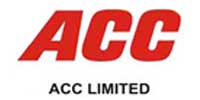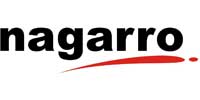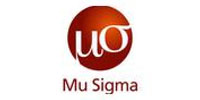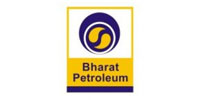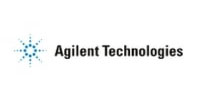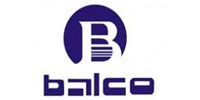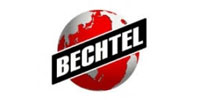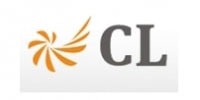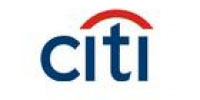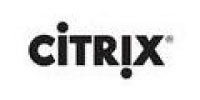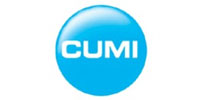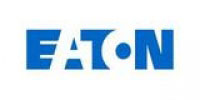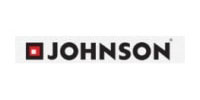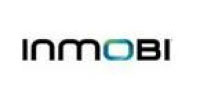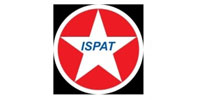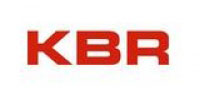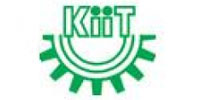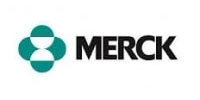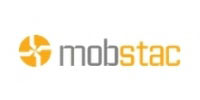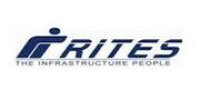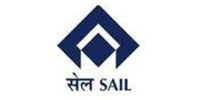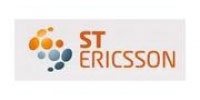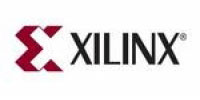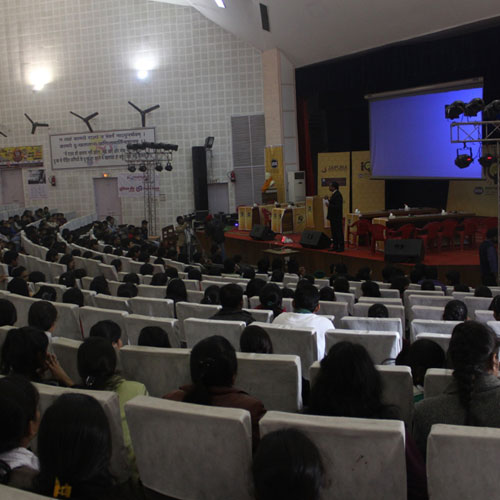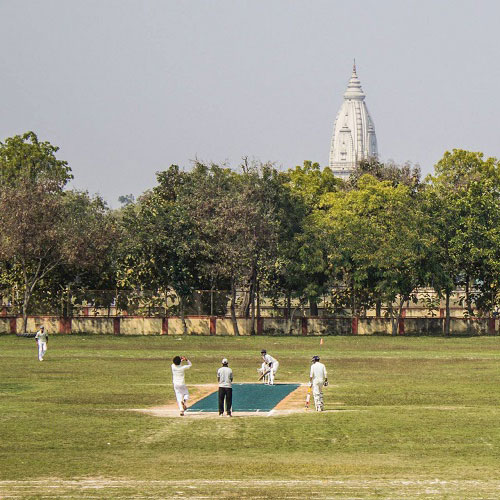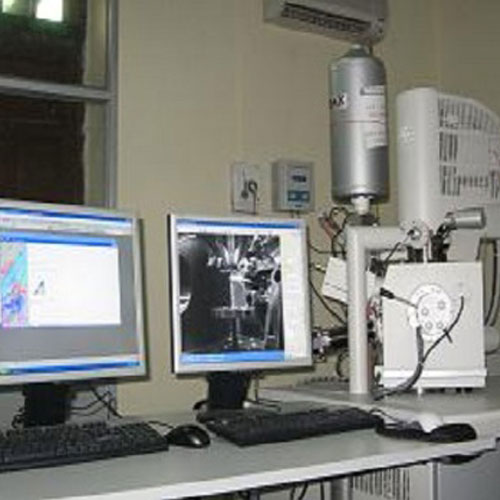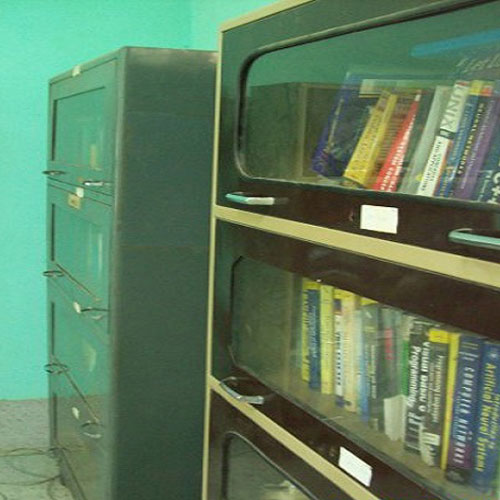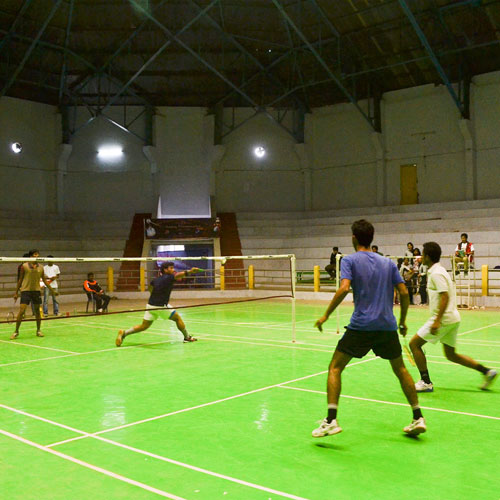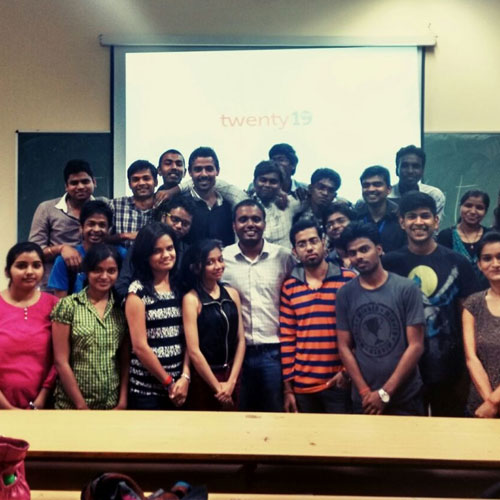
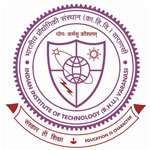
Indian Institute of Technology (BHU), Varanasi
Uttar Pradesh, VaranasiEstd: 1919UGC,Public
Indian Institute of Technology (BHU), Varanasi, Uttar Pradesh, Varanasi
About
IIT (BHU), Varanasi has formerly been known as the Banaras Engineering College (BENCO), the College of Mining and Metallurgy (MINMET), the College of Technology (TECHNO) and the Institute of Technology, Banaras Hindu University (IT-BHU). Its establishment is intimately linked with that of the Banaras Hindu University (BHU). The first convocation ceremony at BHU was held on 19 January 1919. The Chancellor of the University, Maharaja Krishnaraja Wadiyar of Mysore who had come to preside over and address the convocation, performed the opening ceremony of the Banaras Engineering College (BENCO) Workshop buildings.An Artisan Course was started on 11 February 1919. BHU has the credit of first starting degree classes in mechanical engineering, electrical engineering, metallurgy and Pharmaceutics, thanks to the foresight of its founder, Pt. Madan Mohan Malaviya.
The Department of Geology was started under BENCO in 1920. Courses in Mining and Metallurgy were introduced by the Geology Department. The Department of Industrial Chemistry was started in July 1921. In 1923, Mining and Metallurgy was established as a separate department and in 1944 it was raised to the status of a college forming the College of Mining and Metallurgy (MINMET).
BHU was the first Indian university to introduce the study of Pharmaceutical Chemistry. This initiative was taken in 1932 when a new group of subjects for the B.Sc. Examination consisting of (a) Chemistry, (b) Botany with Pharmacognosy and (c) Pharmaceutical Studies was started in 1934 and in 1935 a new three-year programme leading to the degree of Bachelor of Pharmacy was introduced. The science departments of the University were under the Central Hindu College. In September 1935, a new College of Science was constituted comprising the departments of Physics, Chemistry, Botany, Zoology, Geology, Pharmaceutical Chemistry, Industrial Chemistry and Ceramics. In 1937, the Department of Glass Technology also came into existence under this college. The year 1939 witnessed the establishment of a separate College of Technology (TECHNO) comprising the departments of Industrial Chemistry, Pharmaceutics, Ceramics and Glass Technology.
In 1968, BENCO, TECHNO and MINMET were merged into one and the Institute of Technology (IT-BHU) was established integrating the departments of Mechanical Engineering, Electrical Engineering, Civil and Municipal Engineering, Mining Engineering, Metallurgical Engineering, Chemical Engineering and Technology, Silicate Technology and Pharmaceutics. The Department of Silicate Technology subsequently became the Department of Ceramic Engineering. A separate Department of Electronics Engineering was also established. The departments of Applied Physics, Applied Mathematics and Applied Chemistry were established in 1985.
The earlier system of regional admission based on merit lists was replaced in 1972 by admission through Indian Institute of Technology Joint Entrance Examination (IIT-JEE) for undergraduate courses and Graduate Aptitude Test in Engineering (GATE) for postgraduate courses. In the tenth meeting of IIT Council in 1972, it was also proposed to convert the then IT-BHU into an IIT and a committee was appointed by IIT Council for the same but because of political reasons, the desired conversion could not be achieved then.
In 2003, Committees constituted by MHRD (Professors Joshi and Anand Krishnan Committees) had recommended for the conversion of the Institute into an Indian Institute of Technology (IIT). On 17 July 2008, the government of India issued a press release granting "In principle approval for taking over the Institute of Technology, Banaras Hindu University – a constituent unit of the Banaras Hindu University, a Central University, its conversion into an Indian Institute of Technology and integrating it with the IIT system in the country." The BHU Executive Council approved the proposal of the HRD ministry to convert IT-BHU to IIT (BHU), Varanasi, retaining academic and administrative ties to BHU.
On 4 August 2010 a bill seeking to amend the Institutes of Technology Act 1961 to declare IT-BHU an IIT was introduced in the Lok Sabha by Minister of State for HRD, D. Purandeswari. The Lok Sabha passed The Institutes of Technology (Amendment) Act, 2011 on 24 March 2011 and the Rajya Sabha on 30 April 2012, thereby formalizing the IIT status of the Institute. The Bill was signed by the President of India on 20 June 2012 and notified in the gazette on 21 June
Courses & Fee
| Courses | Specialization | Avg. Fees Per Year |
|---|---|---|
| M.TECH (2 Year) Full Time | Structural Engineering | ₹14895.00/ Year~ Enquire Now |
| M.TECH (2 Year) Full Time | Chemical Engineering | ₹/ Year~ Enquire Now |
| M.TECH (2 Year) Full Time | Computer Science & Engg. | ₹/ Year~ Enquire Now |
| M.TECH (2 Year) Full Time | Metallurgy and Materials Engineering. | ₹/ Year~ Enquire Now |
| M.TECH (2 Year) Full Time | Ceramic Engineering | ₹/ Year~ Enquire Now |
| B.TECH (4 Year) Full Time | Chemical Engineering | ₹/ Year~ Enquire Now |
| B.TECH (4 Year) Full Time | Computer Science | ₹/ Year~ Enquire Now |
| B.TECH (4 Year) Full Time | Metallurgical Engineering | ₹/ Year~ Enquire Now |
| B.TECH (4 Year) Full Time | Mechanical Engineering | ₹/ Year~ Enquire Now |
| M.TECH (2 Year) Full Time | Electrical Engineering | ₹/ Year~ Enquire Now |
| B.TECH (4 Year) Full Time | Electrical Engineering | ₹/ Year~ Enquire Now |
| M.TECH (2 Year) Full Time | Electronics & Communication | ₹/ Year~ Enquire Now |
| B.TECH (4 Year) Full Time | Electronics & Communications | ₹/ Year~ Enquire Now |
PG Courses
| Courses | Specialization | Avg. Fees Per Year |
|---|---|---|
| M.PHARM (2 Year) Full Time | Pharmaceutical Chemistry | ₹24,100/ Year~ Enquire Now |
| M.PHARM (2 Year) Full Time | Pharmaceutics | ₹24,100/ Year~ Enquire Now |
| M.PHARM (2 Year) Full Time | Pharmacognosy | ₹24,100/ Year~ Enquire Now |
| M.PHARM (2 Year) Full Time | PHARMACOLOGY | ₹24,100/ Year~ Enquire Now |
Indian Institute of Technology (BHU), Varanasi, Uttar Pradesh, Varanasi Boys Hostel
Boys Hostel Girls Hostel
Girls Hostel Computer Services
Computer Services Counselling
Counselling Internet
Internet Library
Library
Facilities
Available Basic Facilities In The Campus
Placements
Basic Information About The Placement





